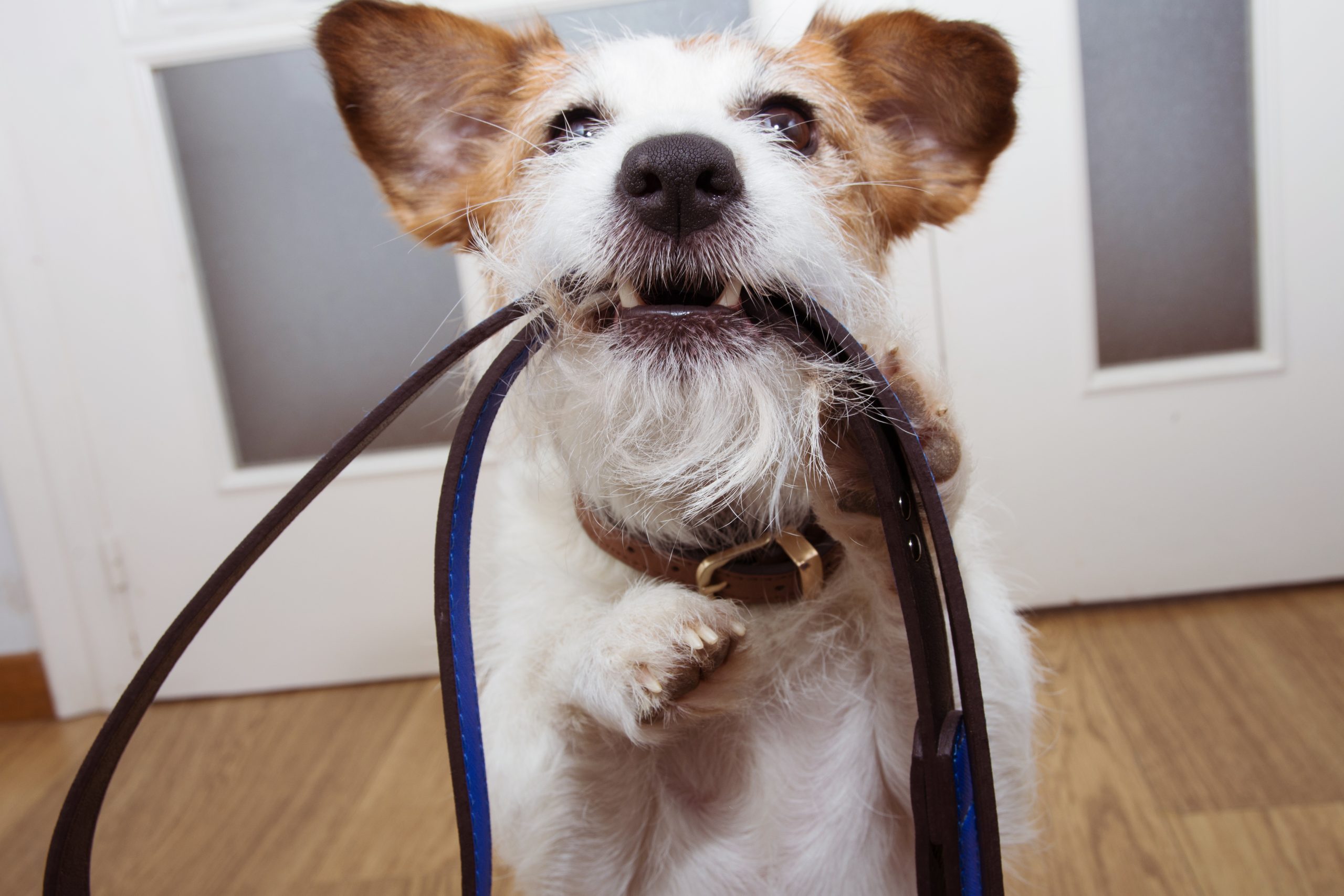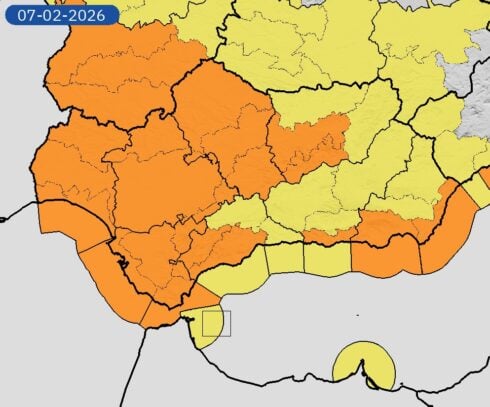SPAIN’S new animal welfare law comes into effect in September, meaning that all dog owners will have to make sure their pets have third party liability insurance, cats will have to be sterilised and there will be a ban on keeping pets permanently on balconies and terraces.
The law applies to domestic and captive wild animals, but excludes dogs used for hunting or other professional activities such as search and rescue dogs and those operating with law enforcement. It also excludes animals used in bullfighting or production.
The main objective is to guarantee animal welfare and protection, and to establish a common legal framework throughout Spain in particular to reduce the number of abandoned animals.

Owners will be expected to ‘integrate pets into the family nucleus’, prevent uncontrolled reproduction and will be required to complete a free online training course on responsible pet ownership.
Breeding may also only be carried out by persons responsible for the animal and be registered as such.
Pets must be identified with a microchip and all cats will have to be surgically sterilised before six months, unless they are officially registered as breeding animals.
The law prohibits animal fights, leaving pets unsupervised for more than three days (in the case of dogs for no longer than 24 hours) and regularly keeping dogs and cats in outside spaces, storage rooms, basements or vehicles.
The commercial breeding of pets, whose individual identification will be compulsory under new regulations, will not be permitted unless the person responsible is registered on an official list of pet breeders.
Cats, dogs and ferrets will not be allowed to be sold in pet shops. They will also not be permitted to be exhibited in public for commercial purposes – meaning no window displays of animals at pet shops – which will be classified as a very serious offence. These animals may only be marketed by registered breeders.
Circuses will no longer be allowed to keep/exhibit elephants, tigers or lions, although dolphin shows at water parks are not affected
People responsible for domestic animals who do not comply with identification obligations, use violent methods in their pet training, administer substances that may harm the animal (unless directed to do so by a vet) and mutilate or carry out unauthorised bodily modifications (ear clipping or tail docking) to the animal will be subject to the weight of the law.
Fines for violations will range from €500 to €200,000, depending on the severity of the offence.
READ MORE:
- Tough new animal welfare law approved for Costa Blanca and Valencia areas of Spain
- Spain passes animal rights bill, but excludes hunting dogs from new protections
- Protests across Spain over animal rights law that excludes hunting dogs
Click here to read more News from The Olive Press.








